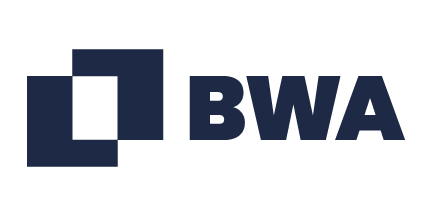When Sponsors Go Rogue
In our last post, we examined a few instances of brands dealing with the fallout emerging from their sponsored properties falling on the wrong side of law and/or public opinion. This time, let’s take a look at the other side and see what properties do when the brand that’s sponsoring them meets the same fate.
Northern Rock was the jersey sponsor for Newcastle United from 2003 to 2012. In 2007 the bank had to be bailed out by the UK government after the sub-prime mortgage crisis, the aftermath of which led many to question the ethics of such financial institutions spending public money on sponsorships. The outcry was heightened further when the bank spent £10 million to renew the deal in 2010. The backlash did hurt some of the PR surrounding the club, which at the time was not finding great amounts of success on the pitch. When the bank finally decided to end the deal, the club was left looking for sponsors within a very short time frame considering that jerseys for the new season had to go into manufacturing.
The case with Manchester United was not very different when they had to wear the AIG logo on shirt for an entire season, despite the bank’s reputation suffering massive blows due to the multiple bailouts it was handed by the US government.
Closer to home, NASCAR had to state that they needed more oversight into sponsor selection when the NRA was announced as the naming rights partner for the Sprint Cup event. While the political aspect of this deal is something that we as a sports marketing firm cannot comment on, the fact that the deal was announced mere days after the Sandy Hook massacre was a definite blunder for all parties.
While these incidents demonstrate that sponsor selection can sometimes lead to unhappy fans, sports properties and teams also need to make sure they are financially viable, which thus requires them to often handle situations such as these delicately. The best way to navigate such proverbial minefields is to know and build relationships with their consumers, or in this case, fans. Keeping an active dialogue with the fan community and conducting research are two ways that will help keep fans updated and will give the property enough time to craft their justification for controversial sponsorship decisions.

